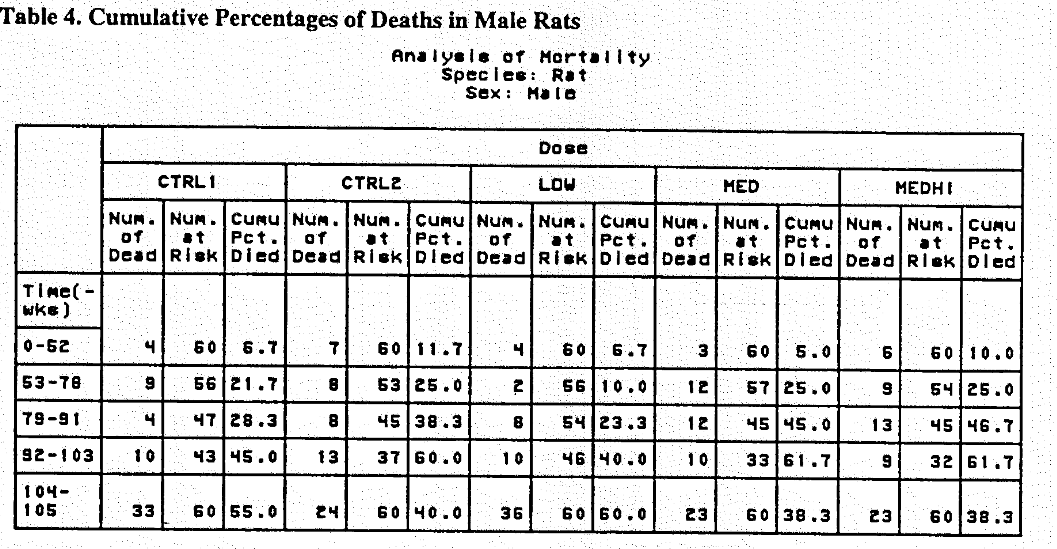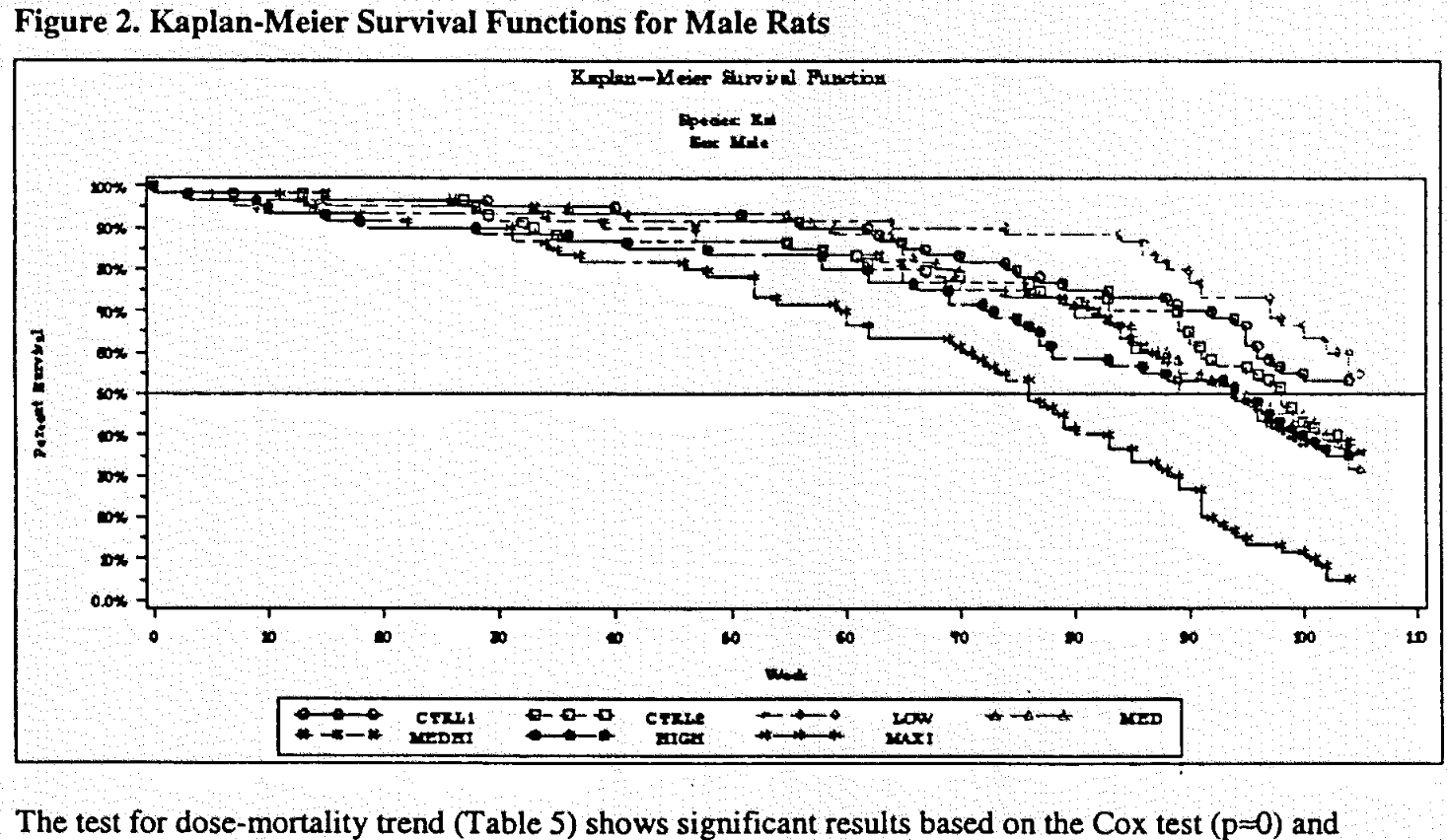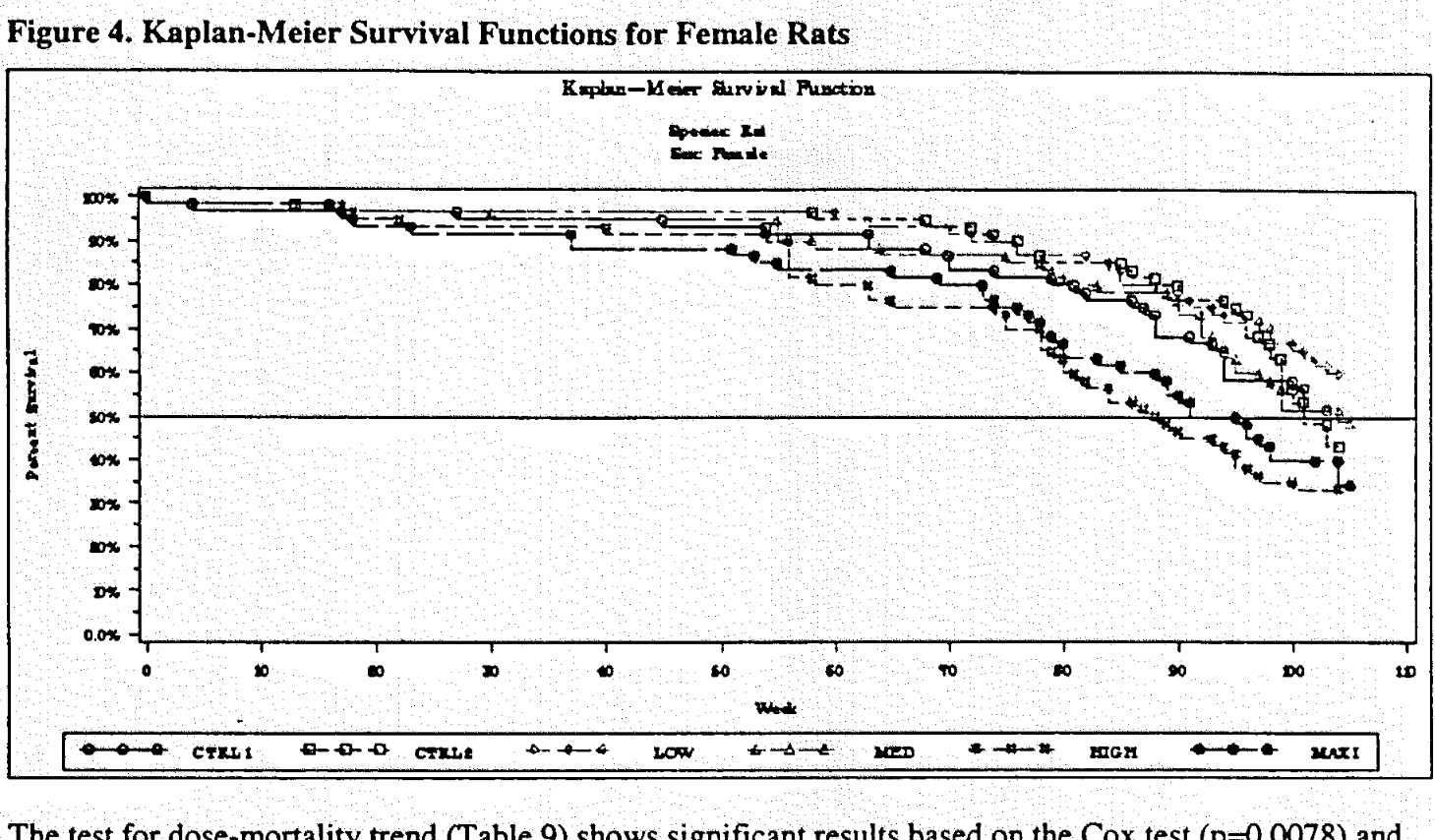Old, but nice DeFronzo paper.
Pioglitazone for Diabetes Prevention in Impaired Glucose Tolerance
https://www.nejm.org/doi/full/10.1056/NEJMoa1010949
“Annual incidence rates for type 2 diabetes mellitus were 2.1% in the pioglitazone group and 7.6% in the placebo group, and the hazard ratio for conversion to diabetes in the pioglitazone group was 0.28 (95% confidence interval, 0.16 to 0.49; P<0.001). Conversion to normal glucose tolerance occurred in 48% of the patients in the pioglitazone group and 28% of those in the placebo group (P<0.001). Treatment with pioglitazone as compared with placebo was associated with significantly reduced levels of fasting glucose (a decrease of 11.7 mg per deciliter vs. 8.1 mg per deciliter [0.7 mmol per liter vs. 0.5 mmol per liter], P<0.001), 2-hour glucose (a decrease of 30.5 mg per deciliter vs. 15.6 mg per deciliter [1.6 mmol per liter vs. 0.9 mmol per liter], P<0.001), and HbA1c (a decrease of 0.04 percentage points vs. an increase of 0.20 percentage points, P<0.001). Pioglitazone therapy was also associated with a decrease in diastolic blood pressure (by 2.0 mm Hg vs. 0.0 mm Hg, P=0.03), a reduced rate of carotid intima–media thickening (31.5%, P=0.047), and a greater increase in the level of high-density lipoprotein cholesterol (by 7.35 mg per deciliter vs. 4.5 mg per deciliter [0.4 mmol per liter vs. 0.3 mmol per liter], P=0.008). Weight gain was greater with pioglitazone than with placebo (3.9 kg vs. 0.77 kg, P<0.001), and edema was more frequent (12.9% vs. 6.4%, P=0.007).”
Cold water poured on the study:
Pioglitazone for Diabetes Prevention
https://www.nejm.org/doi/full/10.1056/NEJMc1104572
“DeFronzo and colleagues (March 24 issue)1 reported that pioglitazone reduced the conversion from a condition of impaired glucose tolerance to type 2 diabetes. However, the results showed only that pioglitazone reduced patients’ blood glucose levels during a glucose-tolerance test while they were taking the active drug. The cost of pioglitazone treatment was substantial weight gain and fluid retention. The potential disease-modifying effects of insulin-sensitizing agents have been investigated previously in studies involving metformin2 and troglitazone.3,4Prevention of diabetes with these drugs can be attributed largely to their short-term pharmacologic effects, with progression to diabetes occurring in a large percentage of the study participants after the drug has been discontinued. In the study by DeFronzo et al., the critical question is whether pioglitazone might have a disease-modifying effect: as part of the primary analysis, the rate at which diabetes developed after the drug washout period should have been determined. The parallel rise in HbA1clevels in both the placebo and the pioglitazone groups that followed the initial decline in these levels in the pioglitazone group suggests that this drug has only a short-term pharmacologic effect. If so, an end point that is more relevant than the effect of pioglitazone on glucose levels should be pursued.”
But the authors reply:
https://www.nejm.org/doi/pdf/10.1056/NEJMc1104572?download=true
More DeFronzo:
Prevention of Diabetes With Pioglitazone in ACT NOW: Physiologic Correlates
https://diabetesjournals.org/diabetes/article/62/11/3920/33911/Prevention-of-Diabetes-With-Pioglitazone-in-ACT
Some commentary:
How Does Pioglitazone Prevent Progression of Impaired Glucose Tolerance to Diabetes?
https://diabetesjournals.org/diabetes/article/62/11/3663/33923/How-Does-Pioglitazone-Prevent-Progression-of
Newer paper from the Cochrane Library.
Pioglitazone for prevention or delay of type 2 diabetes mellitus and its associated complications in people at risk for the development of type 2 diabetes mellitus
Age is not a factor.
Pioglitazone is equally effective for diabetes prevention in older versus younger adults with impaired glucose tolerance
Solid med.
Pioglitazone Prevents Diabetes in Patients With Insulin Resistance and Cerebrovascular Disease
https://diabetesjournals.org/care/article/39/10/1684/158/Pioglitazone-Prevents-Diabetes-in-Patients-With




